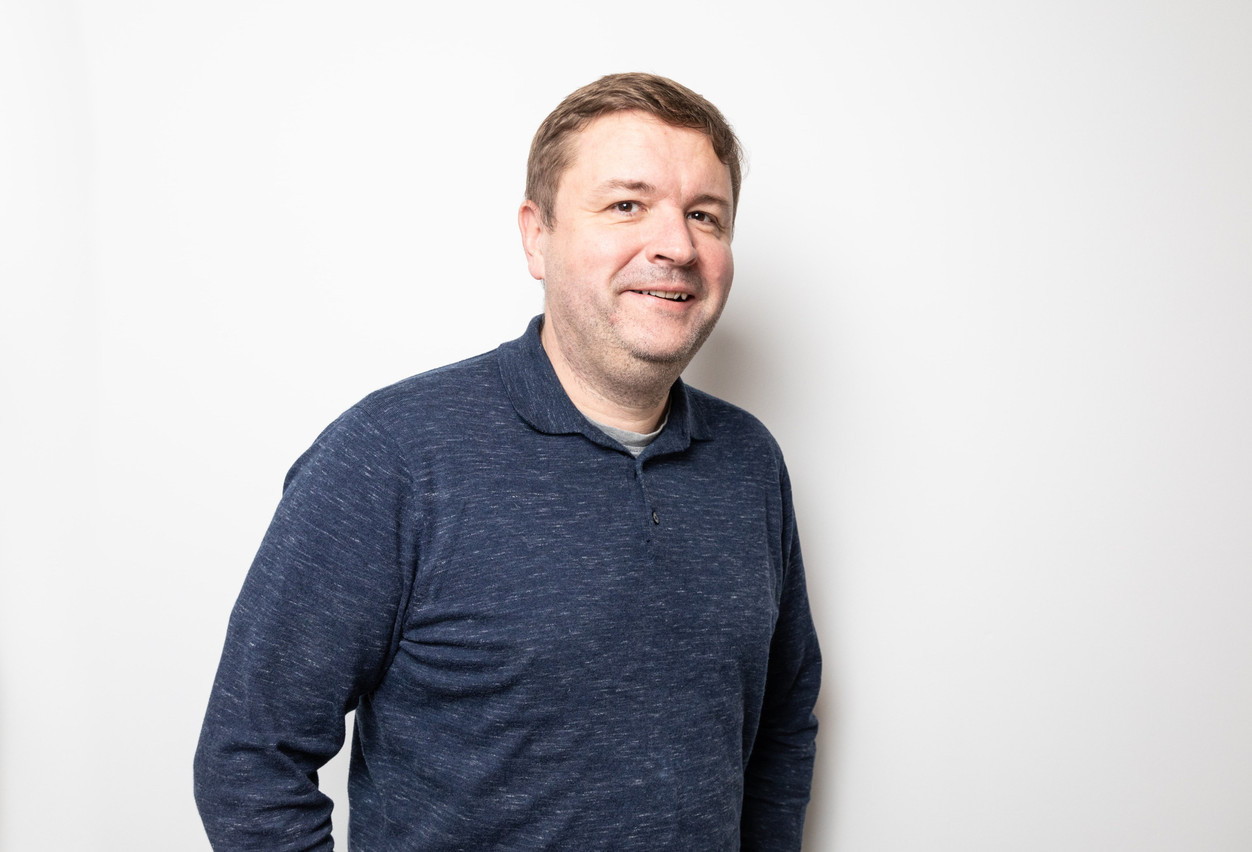Recently the multinational satellite services provider has leveraged its 60 years of experience in lightweight craft and 3D printing, amongst others. “It’s a really interesting time for space-based communications,” Morgan explains. “Disruptive constellations are raising the profile of satellite communications, to a point where certainly our experience is that we’re getting a lot of interest from people who maybe four or five years ago wouldn’t necessarily have been.”
He adds that in Luxembourg there are many companies benefitting from that, be on it the commercial or financial level.
“We do a lot of business with those types of companies, very large international telco providers. We’re also expanding our commercial aviation connectivity business--effectively wifi on board. And that’s something that’s growing really quite rapidly,” the exec explains, adding that European carriers are starting to push more for this, even if they’re slightly behind the Americas on it.
Using the example of Luxair, Morgan explains, “for them to equip their fleet with wifi is probably not financially realistic at the moment because the economies of scale don’t add up. Plus they have some smaller planes where it might be difficult to even place an antenna, but I tend to think that a lot of aircraft, probably in the next five years, will be connected and offer some sort of wifi service.”
Sustainable space firsts
The company--which has its corporate HQ in Luxembourg and administrative HQ in Virginia, US--has also been working on space sustainability. It has about the “wild west situation” in orbit--as thousands of rockets and satellites are launched--and calls for sustainability to be much more than an afterthought.
It made history in 2020 when its satellite docked in space with Northrop Grumman’s mission extension vehicle (MEV-1), the first time such a maneuver had been made. A second similar mission was carried out in 2021 which extended the satellite’s life by five years. As Morgan explains, such maneuvers reduce the need for launches and, therefore, the amount of space debris.
The company says it “will soon embark on even more ground-making ‘firsts’ in that field”.
“What we’re seeing is that lots of really key initiatives, such as building in-country infrastructure, where it makes sense, partnering with major players where they need a closer relationship… Those sorts of things. We’re really just trying to accelerate.”
Brexit impact
Echoing Intelsat CEO David Wasjgras’ sentiments from a in Q3 2022, Morgan says the Luxembourg office expansion is well underway. “Luxembourg, for us, is a really good place to do business,” he explains, partly due to the country’s space cluster and local authorities’ knowledge of it.
Over half of its current staff of around 55 relocated from London to Luxembourg. Morgan praises Luxembourg’s space cluster and understanding of the business. “We’ve recruited extensively since arriving here,” he explains. “It’s a really good place to recruit and retain people because there are a lot of people with transferrable skills in the country.
“For us, it gives us access to a pool of hundreds of millions of people across the EU, whereas in the UK we were beginning to feel the effects of Brexit and the difficulties of bringing people in from outside of the UK, from a work permit or visa perspective.”
